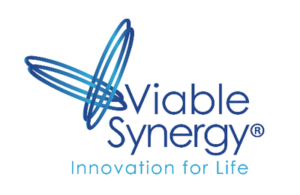Adoption of population health programs by providers is growing, but they are still unsatisfied
Original article info.
KPMG survey: Data aggregation continues to pose challenge for population health ambitions
By STEPHANIE BAUM
Click here for full MedCity Article
My highlights:
44% of providers have adopted a pop health strategy and 24% plan to in the next 3 years.
“The complaints about incorporating technology into clinical workflows are fairly common and have many doctors and others involved with care delivery dissatisfied with electronic health records and other tools,” said Todd Ellis, principal at KPMG.
“Population health tools all share a significant vulnerability: They lack real-time insight into your patients’ current status. Risk stratification algorithms are inherently reactive because they rely on data such as past medical claims. That places the burden on care managers to track and monitor patients to effectively mitigate population health risk. And care managers are generally experienced nurses, so they’re not cheap. In most cases, they’re not creating billable hours, either, so efficiency is paramount.” – Epharmix Cofounder Joe McDonald
Viable Synergy Take:
We need to get more proactive in identifying the right patients with the right tools and information in the right format at the right time. This means that we have to have a more comprehensive strategy to engage patients across the care continuum before they are sick enough to end up in the Emergency Room or the Hospital. Let’s think of patients as partners and make information and tools easily accessible to them on demand. Then find ways to do regular check-ins with digital tools and information. Other industries have been effectively supporting their customers across the customer journey for years. We can do this in healthcare too. We just have to think differently and be willing to engage with people in real human ways and not just their data.



